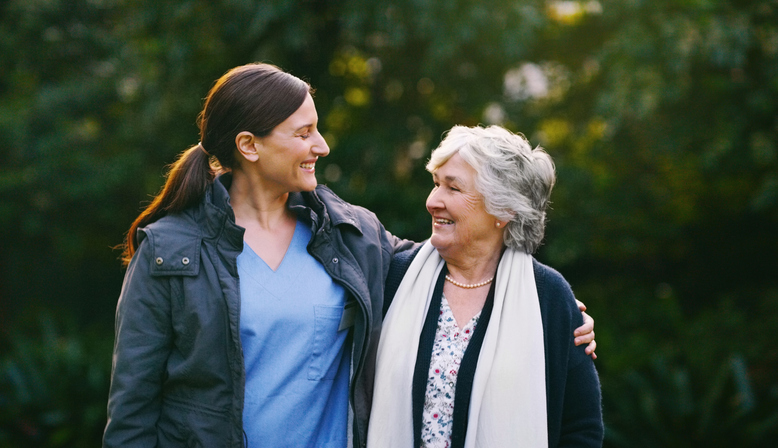
How can cardiac rehabilitation be tailored to meet the specific needs of disadvantaged women living in regional and remote areas?
That is the focus of the Cardiac Rehabilitation Especially for Women (CREW) project led by Flinders Caring Futures Institute researchers, with the aim of increasing attendance and completion of cardiac rehab in an often-overlooked group of individuals who experience cardiovascular disease.
Associate Investigator Dr Joyce Ramos says cardiovascular disease is the leading cause of death in women worldwide, accounting for 30 per cent of deaths among Australian women.
“Furthermore, we know that women living in non-metropolitan areas, especially those from low socio-economic areas, are more likely to smoke, have diabetes and find it difficult to access preventative health services, increasing their risk of cardiovascular disease.”

While cardiac rehab is an effective way to reduce hospital re-admission and the potential of further complications, it is underutilised across the population. Women are even less likely to engage with this program of follow-up care after a cardiac event. This can be due to lower referrals because of more limited clinical knowledge of how heart disease presents in females and a lack of family and social support.
“An audit conducted by Flinders’ Country Heart Attack Prevention (CHAP) team found that women were 1.2 times more likely to decline cardiac rehab than men. We decided to review the evidence for effective cardiac rehab programs tailored to women and co-design a person-centred model of care that can be delivered in regional and remote Australia,” Dr Ramos says.
Backed by the Hospital Research Foundation, CREW will co-design, develop and test the usability of a new model of care adapted from an existing web-based program.
“We will engage directly with women who have experienced cardiovascular disease to hear their experiences of referral and obtain their feedback around web-based cardiac rehab,” Dr Ramos says. “In doing so, we hope to meet their preferences and increase attendance and completion of this important program of care.”
The research team will then measure the success of the newly developed care model by testing it and comparing it to a cohort of women who were referred to cardiac rehab prior to the model being implemented.
“We will evaluate the effectiveness of CREW when it comes to reducing risk factors, rehospitalisation and death and by measuring patients’ experiences and perceptions of their own health,” Dr Ramos says.
“Working with high calibre researchers and clinicians and knowing that the outcomes could be readily translatable in clinical practice makes CREW a rewarding project to be part of.”
It is hoped the project will increase cardiac rehab attendance and completion for women living in rural and remote areas, by responding directly to their needs and preferences. The project has the potential to improve cardiac health and quality of life for women in the long term.
“Provided the project is a success, we would also welcome a national rollout to substantially improve the health outcomes of women around the country,” Dr Ramos says. “This could be achieved through partnering with peak bodies and other organisations.”
From Flinders, Dr Ramos is joined by Professor Robyn Clark, Rosy Tirimacco, Dr Alline Beleigoli, Professor Jeroen Hendriks, Katie Nesbitt, Dr Maria Alejandra Pinero de Plaza, Dr Lemlem Gebremichael, Orathai Suebkinorn and Dr Norma Bulamu. The research team has partnered with 6 regional local health networks and the Integrated Cardiovascular Clinical Network to conduct the project.

